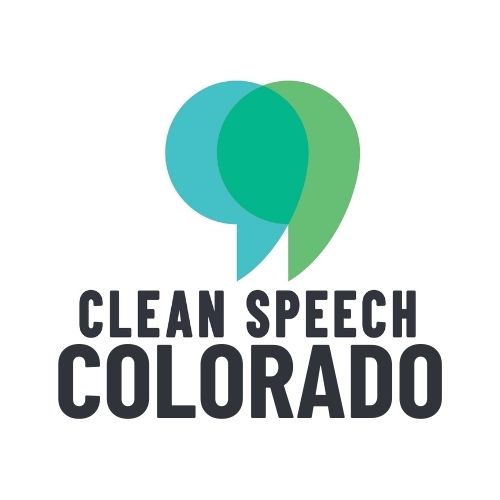“Sam made us lose the ball. He’s such a wimp,” Jeff said belligerently.
“I don’t think you should say that,” pointed out one of the other boys. “It’s lashon hara.”
“Well, it’s true!” retorted Jeff.
In American law, if something can be proven to be true, it may legally be said, even if it is negative and harmful. It’s not considered slander if it’s accurate, no matter how damaging it may be to the person about whom it was said.
However, something that is hurtful or harmful is lashon hara, and should not be said, even though it may be 100 percent true. In fact, if it’s a fabricated statement that’s not true, it’s called motzi shem ra, literally slander, which is a separate prohibition that’s even worse. The term lashon hara refers to hurtful or harmful words that are true, and that are nonetheless prohibited.
True + Negative = lashon hara
Sometimes, when we’re about to say something unkind, a voice inside our head says, “I really shouldn’t say that.”
And then another voice inside our head blurts out, “But it’s true!” as if that’s justification to go right ahead and say the lashon hara.
However, just because something is true doesn’t mean we should say it. Let’s think about why we’re saying it. Although there are times when negative things need to be said, which will be discussed later on in the month, most of the time, it’s just lashon hara. And the fact that it’s true, doesn’t make it OK.
Daily To-Do:
Practice “the pause,” by taking a moment to think before you speak.
